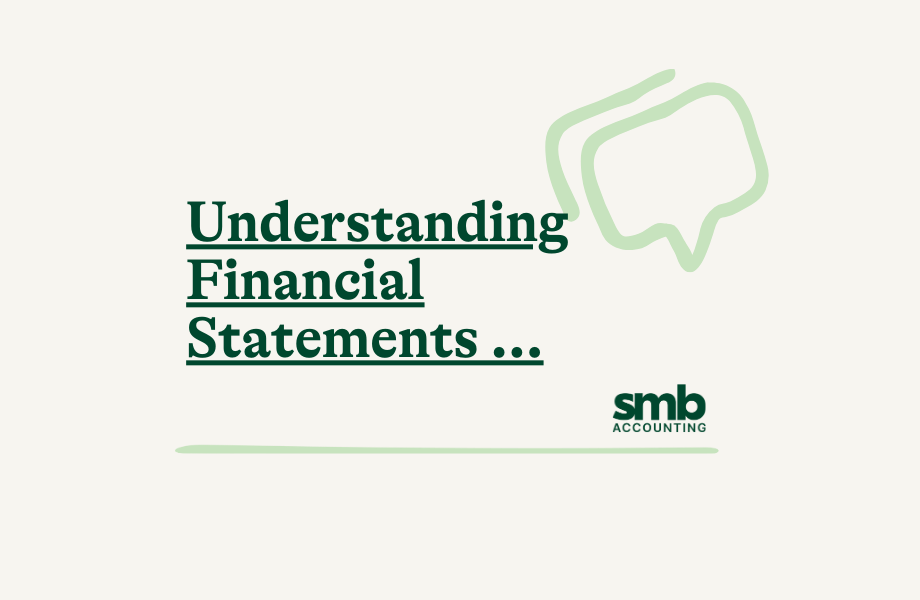Navigating Non-Profit Audits: Compliance, Benefits, and Successful Strategies
In the realm of non-profit organisations, maintaining financial transparency and accountability is essential for upholding public trust and ensuring continuous access to funding sources. One critical tool for demonstrating this…










